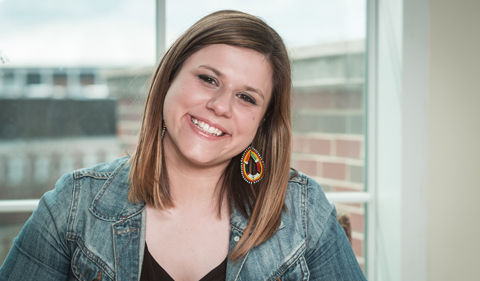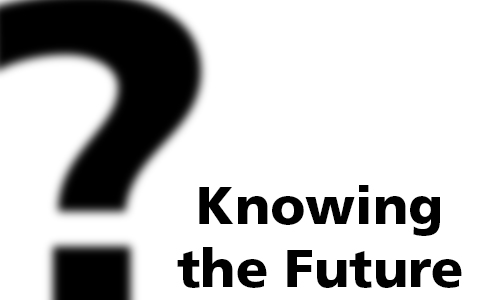By Chris Caldwell
Ashley Doria’s graduate research is a seamless blend between Women’s, Gender, and Sexuality Studies alongside Geography, an exciting new field called Emotional Geography. Emotional Geography is a line of theoretical inquiry that focuses on how physical surroundings impact and influence relational interaction and emotional processing.
Doria utilizes this theoretical lens in her research, which is centered on Maasai women, an ethnic group living in southern Kenya and northern Tanzania. “Maasai women can use their emotion to think about reproduction, ownership, and family,” says Doria, all concepts that are influenced by available resources and space.
“Just because power dynamics may be geared toward men, it is interesting to see how women still find efficacy and agency,” says Doria.
In Maasai communities, men dominate property, money, and public life. Doria has found that women within these surroundings get creative with those things which would be considered a woman’s domain.
In one scenario, she found that women would utilize land they had access to, raising various forms of crops and livestock. By taking these items to neighboring towns and selling them for sugar or oil (or other scarce resources in their own communities), Maasai women could return to their homes and start their own profitable businesses.
“I think it is unfair to say that we need to save these women,” says Doria. “These women are saving themselves.”
Flipping Western Notions on Their Head
Taking Western notions of equality, efficacy, as well as emotion and flipping them on their head to develop an even more inclusive understanding of Feminist Theory is Doria’s forte.
But conducting research on a culture that is so vastly different from her own can be a challenging tightrope to walk. Doria’s demographic profile, as a white, American, graduate degree-seeking woman, places a series of constraints upon her research. Along with her obvious lack of tribal credibility, she follows in the wake of a long line of theoretical inquiry that painted difference as diverse, exotic, or something to be disdained by “modern” society. So Doria has deliberately attempted to develop a keen understanding of Maasai culture, while simultaneously rejecting so much of colonialism thought.
“I can speak Swahili conversationally, and I have conducted interviews in Maasai communities,” says Doria. Rather than sitting in a sterile lab, or intellectualizing without firsthand experience, Doria has frequently sought out members of the community that she so desperately wants to engage.
“Often, the way people picture Africa is as a singular terrible place, a black hole of despair, disease and violence. That is not what I know.” As such, Doria is committed to spreading understanding and knowledge to displace fear and ignorance.
Whether her career paths goes toward teaching or working in another profession, Doria knows that her heart belongs in and to East Africa.
“My eyes have been opened, and I cannot unlearn what I have learned,” she says. “You do not just accept the status quo. Now I think differently and more deeply than I did when I did not have a feminist background.”




















One Comment